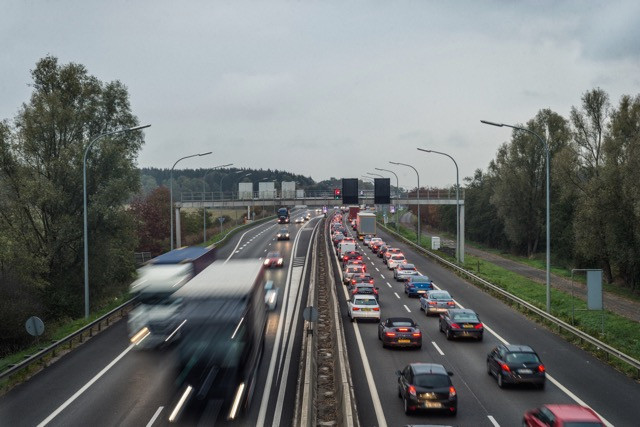The private car must be part of any future mobility strategy, insists Philippe Mersch, head of Fedamo federation of car dealerships. Speaking at the launch of the 56th annual Autofestival, the most important 10 days for the trade in the grand duchy, Mersch said that the car is being unfairly attacked by government and the media, that it is an easy target as concerns mount about the environment and the increasing problems faced by commuters.
He paints the dealerships as innocent middle-men in the recent CO2 emissions scandals, but says car makers are now doing all they can to provide customers with a range of options if they are seeking to buy “clean” vehicles.
If the car is being “bashed” by authorities and the press, then the car-buying public in the grand duchy seems not to be taking much notice. Last year some 55,000 new vehicles were registered with the SNCA, says its director Manuel Ruggiu. That represents an increase of 4.2% over 2018, which continues a steady upward trend that has been recorded since 2015.
The poor reputation of diesel has had a marked effect on the market, with petrol engine vehicles now accounting for 50.6% of new vehicles sales--up 7.9% from 2018--while diesel motors fell by 7%. Electric vehicles accounted for just 1.8%, and hybrids for 5.7% of new sales in 2019. That leaves the share of alternative engine vehicles currently registered in Luxembourg at a measly 2.5%, way off the stated government target of 49% by 2030. Mersch says his members would welcome more realistic targets.
But the emissions scandals don’t seem to have affected the reputation of one of its main perpetrators – Volkswagen is the most popular marque in the grand duchy accounting for 12.3% of new car sales in 2019. Indeed, German brands remain dominant with Mercedes (9.8%) BMW (8.9%) and Audi (7.2%) the next most popular, followed by Renault in fifth place with a 7.0% market share. Luxembourg drivers also seem to love their SUVs, with 5 out of the top 10 models falling into that category.
